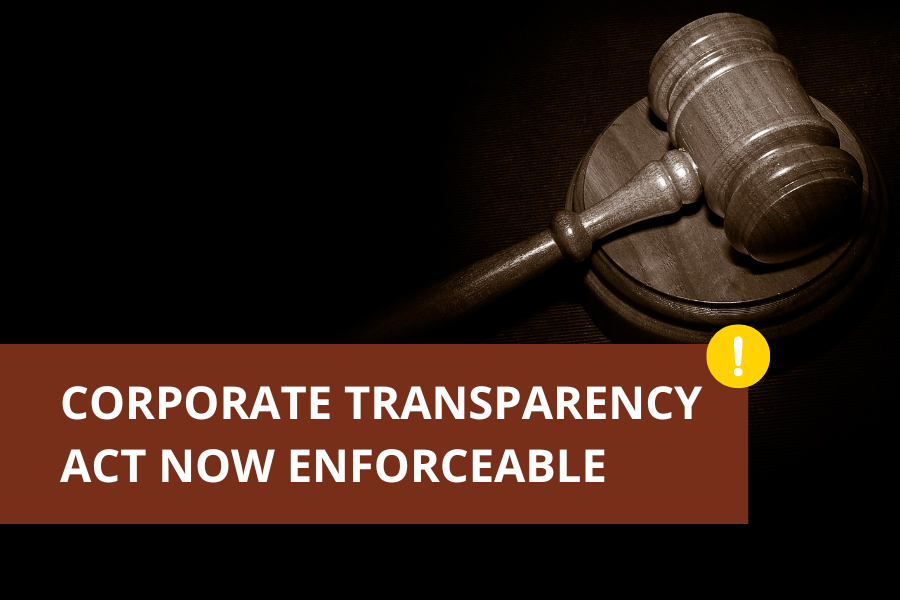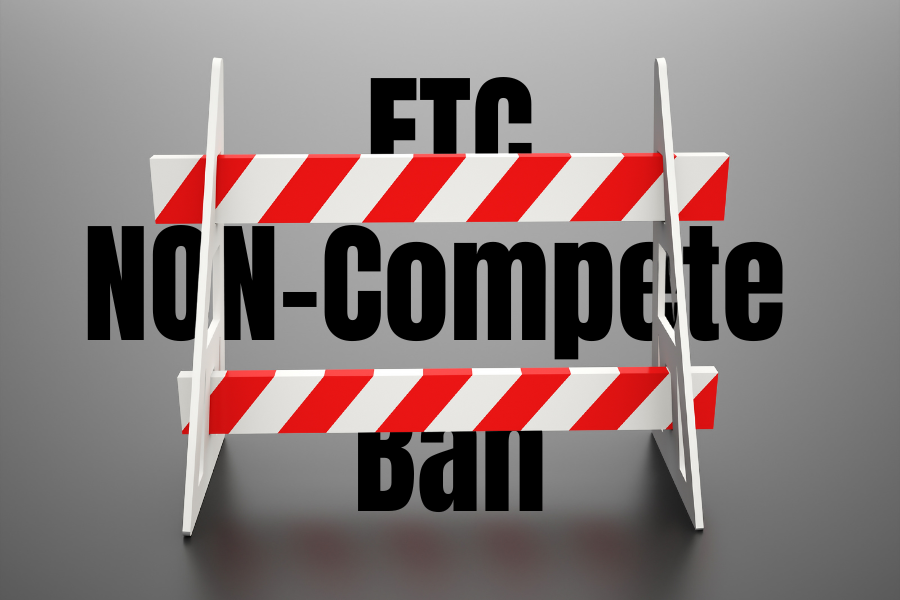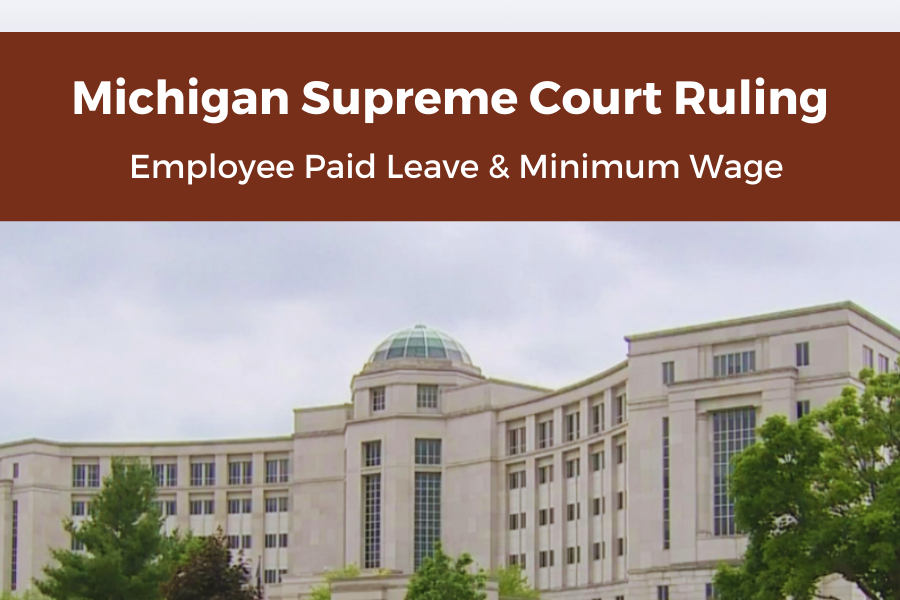The payment of cottage expenses is usually swift and easy – at least when there is a single owner (or spouses that work well together). In these instances, the owner receives a bill and pays it – no problems. Plus, single owners (or spouses) usually create and follow their own budgets based on their financial situation.
However, when ownership is transferred to multiple common owners (typically multiple children), the issues concerning the family cottage’s expenses get more . . . complicated. The key reason is that different people have different financial capabilities and opinions on what is a necessary expense. For example, one owner might desire to build a barn to store their super-charged ATV in; but another owner might not have the capital to pay his/her share of the costs or may simply view the extra storage for one owner’s toys as unnecessary.
As you might have guessed, issues like these create a need for a written plan about how the financial operations of the cottage and the payment of expenses will work. A good cottage management plan will include a process for presenting annual budgets and plans for contributions to capital funds to provide for emergency repairs and long-term capital improvements. While this is all well and good, what if your freeloading brother refuses to pay his fair share of the expenses? Management agreements typically include provisions that address a co-owner’s failure to contribute their share of expenses. For example, a provision could state that failure to contribute may cause their first-born child to become the property of the other co-owners – although that would likely be unenforceable (and harsh), so a better penalty would be to prevent their use of the cottage while they are in arrears. If the nonpayment persists, the provision may call for a forfeiture of ownership or a sale of their interest at a discounted rate to the other co-owners.
If the current-generation owners feel particularly charitable, they could create and fund an endowment either during their lifetimes or after death. An endowment is a sum of money that is invested with the income and principal being used to pay for some or all of the expenses of the cottage. If done properly, your cottage could become a perpetual cash machine just like Harvard University, well maybe not quite to that extent. But the current-generation owners could use an endowment to preserve funds for the maintenance and upkeep of the cottage for generations to come!
If you have questions regarding managing your family cottage’s expenses, email me at jwheeler@hilgerhammond.com or call me at 616.458.3600. And be on the lookout for Part III: Usage.










